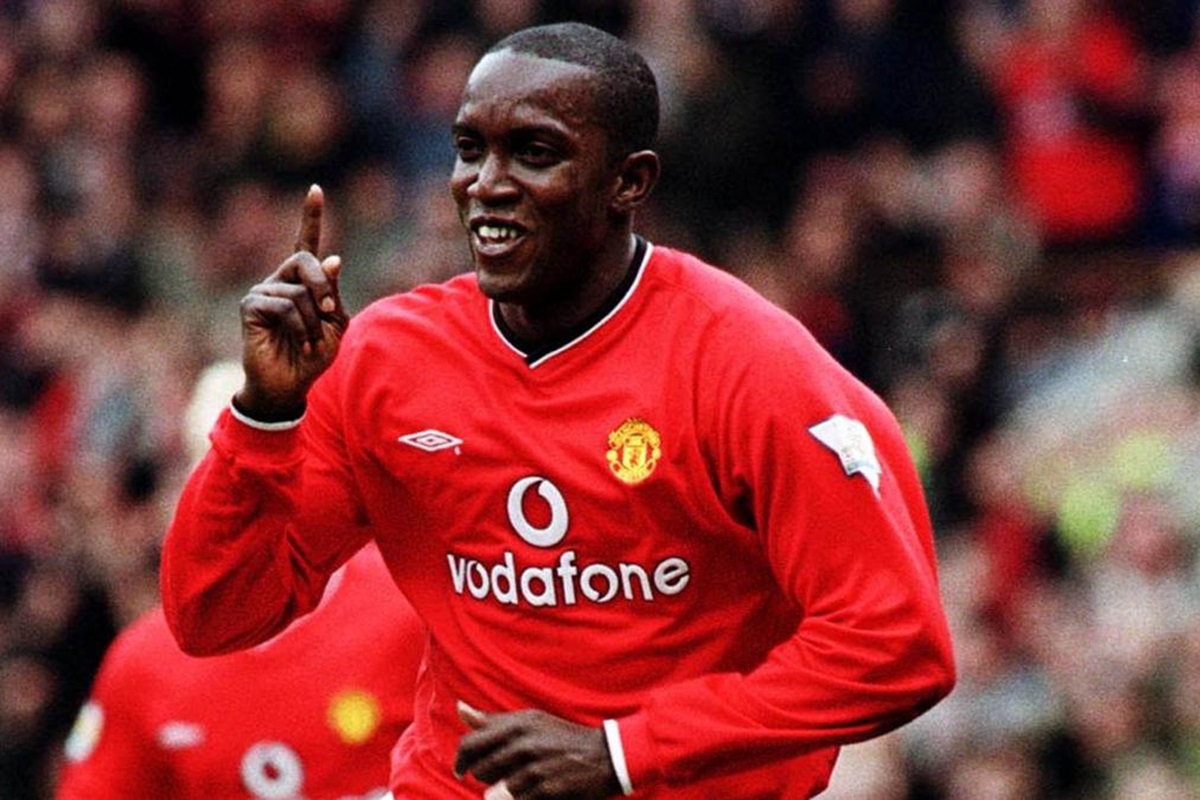The Four Nations Face-off, featuring Canada, the USA, Sweden, and Finland, was conceived with ambitious goals. The NHL aimed to spike TV ratings, renew interest in international hockey, and generate excitement ahead of the upcoming Winter Olympics. The strategy worked. The tournament captivated millions, with an average of 4.6 million viewers for the round-robin games and over 10 million for the USA-Canada clash, marking the highest viewership for a non-Stanley Cup match since 2014.
For Canada, however, the significance of the tournament went beyond the numbers. It was an opportunity to showcase their dominance in a sport deeply woven into the nation’s identity.
The Return of Hockey’s Glory
Hockey once held a prominent place in the American sports landscape. However, repeated NHL lockouts and the absence of NHL players from the 2018 and 2022 Winter Olympics contributed to a decline in viewership. The Four Nations Face-off offered fans a much-needed resurgence, reigniting passion for international competition.
The event also served as a preview of the upcoming Winter Olympics, bringing together top international talents. For Canada, this was a chance to prove their supremacy on the ice, reinforcing their legacy as a hockey powerhouse.
Intensity on Ice: Canada vs. USA
The showdown between Canada and the USA was more than just a game; it was an all-out battle. The fierce rivalry saw explosive moments, including three fights within the first nine seconds of their initial encounter. The final, decided by Connor McDavid’s spectacular overtime goal, became an instant classic.
The intensity on the ice was palpable. Players described the experience as akin to competing in a Stanley Cup Final. The significance wasn’t just in winning a trophy but in the emotional weight carried by every pass, shot, and save.
Political Tensions Amplify the Rivalry
This wasn’t just about hockey. The games took place amid rising political tensions between the US and Canada. Former US President Donald Trump’s provocative comments about Canada potentially becoming the “51st state” fueled national pride and political defiance among Canadians.
Canadian Prime Minister Justin Trudeau seized the moment, celebrating Canada’s victory with a pointed remark: “You can’t take our country—and you can’t take our game.” The rivalry became a stage for asserting sovereignty and national identity.
Hockey as Canada’s Cultural Emblem
Hockey isn’t merely a sport in Canada; it’s a symbol of identity, resilience, and pride. For over a century, hockey has been a testament to Canada’s cultural independence, resisting assimilation by its larger neighbor to the south. Winning the Four Nations Face-off wasn’t just about athletic superiority; it was about preserving a national icon.
In a political climate marked by economic tensions and cultural challenges, hockey provided a unifying force. The tournament reminded Canadians of their shared values and traditions, showcasing their unwavering commitment to the sport.
Leadership and Legacy
Led by veteran Sidney Crosby, Team Canada displayed remarkable leadership. Crosby, alongside goalie Jordan Binnington, whose performance solidified his role as a potential starter for the 2026 Olympics, inspired confidence and resilience.
The tournament also introduced a new generation of Canadian hockey stars, including 23-year-old Seth Jarvis. As Canada looks ahead to the Milano Cortina Olympics, the legacy of this victory will inspire the next wave of talent.
A Decision for the NHL’s Future
The overwhelming success of the Four Nations Face-off has left the NHL at a crossroads. With viewership far exceeding that of traditional All-Star Games, the league now faces the question of whether to make this international tournament a permanent fixture.
However, the intensity of play led to player injuries, raising concerns about the risks involved in a midseason international competition. The NHL must weigh the tournament’s cultural and financial benefits against the physical toll on players.
More Than Just a Trophy
Canada’s victory at the Four Nations Face-off was more than a sporting achievement. It was a declaration of cultural identity, political defiance, and national pride. The tournament underscored hockey’s role as Canada’s soft power and its impact on the country’s global image.
As the country celebrated McDavid’s game-winning goal, the echoes of victory resonated far beyond the ice. For Canada, it was about more than winning—it was about belonging, identity, and pride.
In a world of shifting political landscapes and evolving cultural narratives, one thing remains certain: Canada’s heart beats to the rhythm of hockey.







